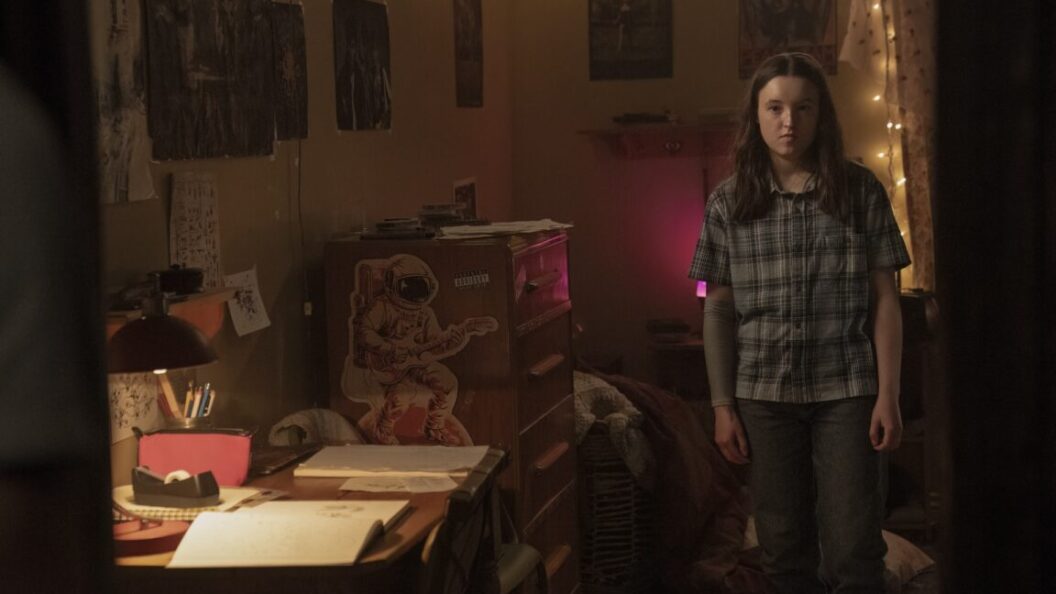Recap of Episode Highlights from Season 2 of The Last of Us
As new episodes of the acclaimed series The Last of Us air every Sunday night on HBO, fans are keen to dive into discussions that reflect on the depth of storytelling and character development that the show has become known for. This recap discusses critical moments, character dynamics, and some contentious story elements that have emerged in the latest episodes.
Episode Transition and Flashbacks
The episode opens with a striking shift from a climactic moment to a somber flashback featuring Joel Miller and his brother. Kyle Orland comments on the choice of starting with Joel’s past, suggesting that the intention is to showcase "generational trauma," framing it within the context of his relationship with Ellie. However, he also questions the logical coherence between Joel’s violent past and his emotional strife with Ellie, raising eyebrows about the connection between these narrative threads.
In contrast, Andrew Cunningham finds value in the flashback as a means to illustrate Joel’s character in a more relatable context. He acknowledges the show’s technique in interspersing these flashbacks, though he voices concerns about the efficacy and emotional weight of the scenes portrayed, pointing out that some connections could feel tenuous without more substantial build-up.
The Duality of Joel
Central to the latest discussion is the character of Joel, portrayed by Pedro Pascal. Both Orland and Cunningham delve into the complexities of his nature, noting how he can be simultaneously viewed as an affectionate father figure and a deeply flawed individual. Joel’s actions—particularly those stemming from his traumatic past—are explored, highlighting the "trolley problem" that looms over his decisions. As Orland states, this duality, where viewers are drawn to both love and criticize Joel, encapsulates the emotional weight that makes the character compelling yet contentious.
Character Development: Ellie and Joel’s Dynamic
Throughout the episode, the development of Joel and Ellie’s relationship remains a focal point. Orland expresses a desire for more in-depth exploration of their bond, lamenting the limitations imposed by the climax of the previous season, which resulted in Joel’s absence. He believes that the emotional richness of their relationship deserves a more prolonged exploration instead of quick flashbacks.
Cunningham agrees but also emphasizes Ellie’s growth as a character. He reflects on the bittersweet dynamic between the two, noting moments where Joel attempts to be a supportive figure, albeit in a clumsy manner. This theme captures much of the series’ emotional core: the struggle for familial bonds in a post-apocalyptic world.
Critiques of Narrative Choices
The episodes have sparked debates about the pacing and narrative choices, particularly concerning how much of Joel’s story should unfold in flashbacks rather than in the present. Cunningham raises concerns about the upcoming episodes, predicting that the narrative may devolve into familiar tropes involving other non-Joel characters. He emphasizes the challenge of maintaining emotional stakes in Joel’s absence, an issue many viewers may resonate with as the story progresses.
Conversely, the flashbacks have some redeeming qualities, such as moments where Ellie expresses her enthusiasm while engaging with the remnants of the pre-apocalypse world, allowing viewers to see her innocence amidst the surrounding chaos.
Conclusion: The Ongoing Journey
As this season unfolds, The Last of Us continues to grapple with themes of trauma, familial bonds, and ethical dilemmas all set against a hauntingly beautiful backdrop. The ongoing dialogues between characters like Joel and Ellie reflect the complexities of human relationships under pressure. Despite the uncertainty surrounding the narrative direction, both critics express continued interest in how these dynamics will develop, hoping for meaningful resolutions to the story’s central conflicts.
The significance of the show lies in its ability to evoke deep emotional responses while addressing the gritty realities of survival and connection in a fractured world. As the series shifts gears into what could be Joel-less episodes, fans and critics alike remain eager to witness how the characters reconcile their pasts with their present, hoping for a narrative that does justice to the intricacies of its story.









